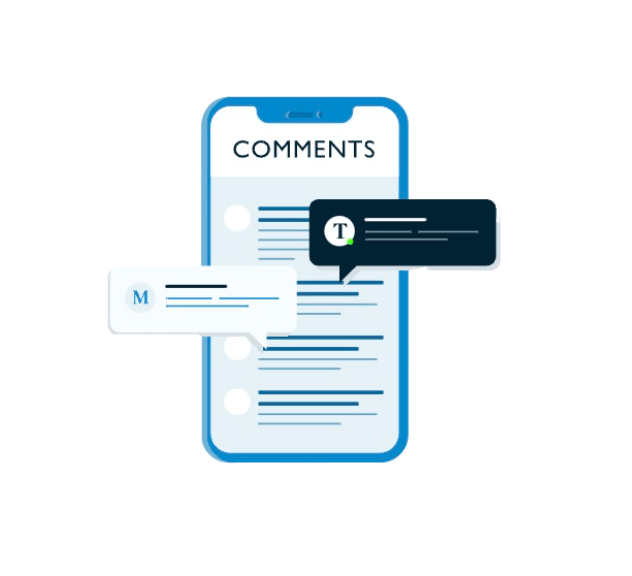
Another real name commenting policy?
20 December 2022
Well, this is weird. The Times have today decided to implement a real-name policy for commenting on their website.
They claim this will increase the quality of debate, something we know there is limited evidence for in the first place. Let's go through their FAQ...
This is such a weird decision because there is no real anonymity on The Times website in the first place. It's a subscription community and the customer team will always have access to your billing details.
And they admit to this in the FAQ.
"Why doesn't The Times block accounts instead?" "Why don't you moderate comments instead?"
Both of those things already happen. There is no "animosity protected by anonymity" because you can ban the user by their billing details.
Anonymity has a mixed effect in academic research on the quality of comments and amount of abuse. It's a well debated topic that I won't get into because of this point: pseudonymity != anonymity, so The Times already isn't an anonymous community.
The only thing this policy changes is whether people's real names are tied publicly rather than privately to their comments on news stories.
It is exposing people to others in the community and online.
They address this too, but skirt around it entirely. Certain people will not be able to abide by this policy without a degree of pseudonymity, and there is no allowance for that.
This will bar those people from the community. Teachers, doctors, social workers, academics.
So what are the alternatives to achieve the same effect?
Well, moderation for one, and a strong set of community guidelines, both things The Times already claims to have. Why are these not working? That's not addressed.
The cost of moderating a community that is pay to play vs one that is effectively open access is much less already.
Surely it's net positive at the cost of The Times? If new accounts are needed with new payment details that's a £30 charge to post.
There are so many other ways you could experiment with this: like putting a delay on posting for new accounts, or putting them in a new moderation queue.
You could lock pseudonyms from being changed, or reduce the number of articles you can comment on, or comments you can post.
Interestingly this also has pretty major implications for the "real" identifies of marginalised groups that The Times has editorially taken a line against, like the trans community, who might want to use a name other than their legal name. That's also not allowed.
It's going to be an interesting (if ideologically flawed) example of a pseudonymous community changing to an identifiable community, and the impact of that on the civility, volume and diversity of that community should be measured.
I really hope there are plans to record this.
Lastly, and the reason this feels like a very lazy brush stroke more than anything else, is that this still allows hateful people to take that hate and now apply it in a more dangerous way. Against people posting under their real names, anonymously, without participation.
A link to that FAQ to see for yourself. I'd love to be pointed to the latest in this by some experts in the field.